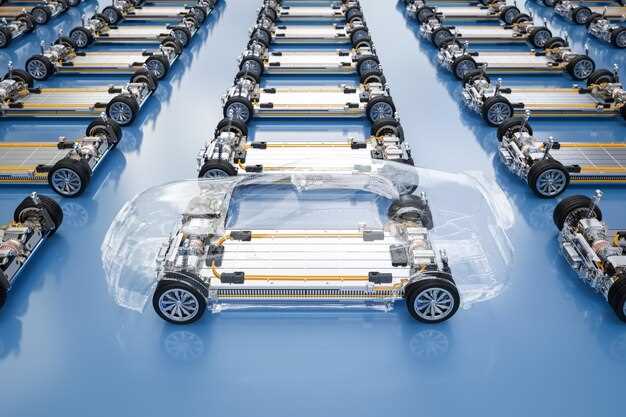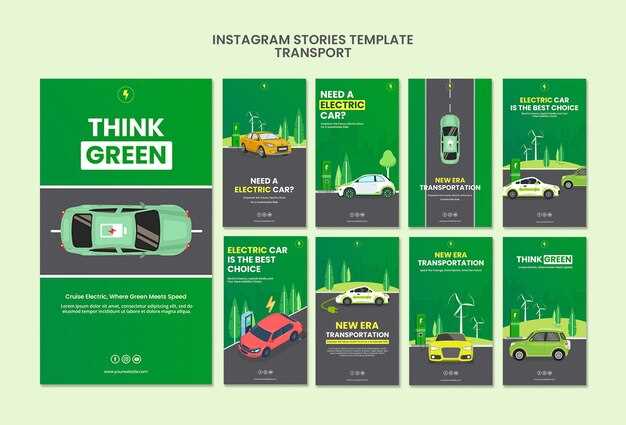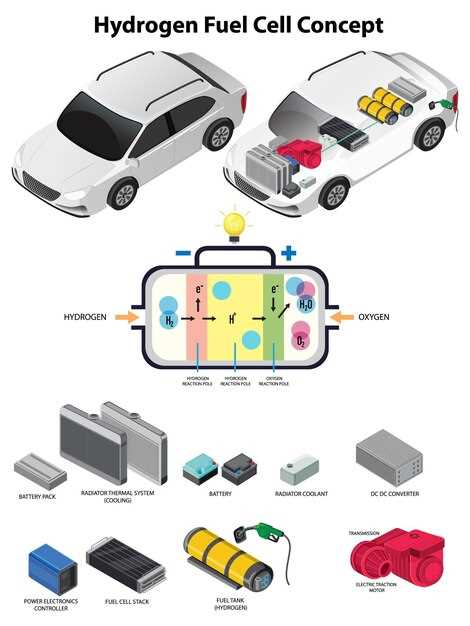
Toyota has long been a leader in the automotive industry, and as the world shifts towards sustainability, the brand is making significant strides in the electric vehicle market. With an emphasis on innovation and environmental responsibility, Toyota’s lineup of electric cars is designed to meet the diverse needs of consumers while reducing carbon emissions and promoting cleaner energy use.
The company’s approach to electric mobility encompasses a wide variety of models, showcasing advanced technology and cutting-edge designs. From compact city cars to spacious SUVs, Toyota is committed to providing options that cater to both the practicalities of everyday driving and the growing demand for sustainable solutions. Each vehicle reflects Toyota’s dedication to quality, reliability, and performance, ensuring that drivers can enjoy an exceptional driving experience without compromising on their values.
In this overview, we will explore the key models in Toyota’s electric vehicle lineup, highlight their unique features, and discuss how they align with the broader vision for a sustainable future. As the automotive landscape evolves, Toyota remains at the forefront, ready to deliver electric vehicles that not only meet the expectations of today’s drivers but also pave the way for a greener tomorrow.
Key Features of Toyota’s Electric Cars

Toyota’s electric vehicles (EVs) are designed with a focus on efficiency, sustainability, and user convenience. One of the standout features is their advanced battery technology. Toyota utilizes high-capacity lithium-ion batteries, which not only provide impressive range but also quick charging capabilities, allowing drivers to recharge their EVs in a short time.
Another significant aspect of Toyota’s electric cars is the integration of innovative safety systems. Equipped with Toyota Safety Sense, these EVs come with a suite of advanced safety features, including pre-collision systems, lane departure alerts, and adaptive cruise control, enhancing overall driver and passenger safety.
Moreover, Toyota emphasizes user-friendly technology in its electric cars. The infotainment systems are designed to seamlessly integrate with smartphones, offering features like navigation, music streaming, and voice recognition, ensuring connectivity on the go. Additionally, Toyota’s EVs often include regenerative braking technology, which allows drivers to recover energy during braking, further improving efficiency.
Sustainability is at the core of Toyota’s electric vehicle lineup. The company is committed to using eco-friendly materials in manufacturing and aims to reduce emissions throughout the lifecycle of their cars. This commitment to sustainability extends to the entire production process, making Toyota EVs a responsible choice for environmentally conscious consumers.
Finally, user comfort and performance are prioritized in Toyota’s electric cars. Drivers can expect a smooth and quiet ride, thanks to electric drivetrains that minimize noise and vibration. Furthermore, the vehicles are designed with spacious interiors and advanced climate control systems, ensuring a pleasant driving experience.
Comparison of Toyota EV Models and Their Specifications
Toyota’s entry into the electric vehicle (EV) market showcases a commitment to innovation and sustainability. The lineup includes various models, each designed to cater to diverse consumer needs while maintaining high-performance standards.
Toyota bZ4X is the flagship electric SUV in Toyota’s lineup. It features a dual-motor setup, delivering an impressive all-wheel drive system. With a range of approximately 250 miles on a single charge, it provides ample capability for everyday use. The bZ4X is equipped with a battery capacity of 71.4 kWh, enabling rapid charging of up to 80% in around 30 minutes using fast-charging stations.
Toyota bZ3, a more compact electric sedan, offers an alternative for urban drivers. This model prioritizes efficiency, boasting a range of about 320 miles thanks to its optimized aerodynamics and lightweight design. The bZ3 incorporates a 66 kWh battery, ensuring drivers can cover longer distances with fewer stops for charging. It also features advanced safety technologies, making it an attractive option for families.
Toyota bZ4X AWD enhances the bZ4X concept by providing better traction on various terrains. This variant features an additional electric motor, increasing total output to about 214 horsepower. The focus on off-road capability, combined with a robust battery range, positions the bZ4X AWD as an excellent choice for adventure enthusiasts.
Toyota Prius Prime, while primarily known as a hybrid, is increasingly leaning towards electric capabilities with its plug-in hybrid option. It showcases a 13-mile electric-only range, which suits short daily commutes while also offering the flexibility of gasoline power for longer trips. This versatility makes it a popular choice for consumers transitioning to full electric systems.
Each of these models highlights Toyota’s approach towards producing electric vehicles that not only meet environmental standards but also cater to a wide range of driving needs and preferences. As technology in EVs continues to evolve, consumers can expect further advancements in efficiency, battery life, and charging infrastructure from Toyota.
The Future of Toyota’s Electric Vehicle Technology and Infrastructure

As the automotive industry shifts towards sustainability, Toyota is making significant strides in electric vehicle (EV) technology and infrastructure. The company aims to enhance its existing EVs lineup while developing cutting-edge innovations that will shape the future of electromobility.
One of the key focus areas for Toyota is improving battery technology. The company is investing heavily in solid-state batteries, which promise to offer greater energy density, faster charging times, and increased safety compared to traditional lithium-ion batteries. These advancements could significantly extend the range of Toyota’s electric cars and provide consumers with more convenience and confidence in their EV choices.
In addition to battery development, Toyota plans to expand its network of charging infrastructure. This includes collaborating with governments and private entities to enhance public charging stations and implement fast-charging solutions. By creating a robust charging ecosystem, Toyota aims to alleviate range anxiety and encourage more drivers to transition to electric vehicles.
Furthermore, Toyota is exploring innovative technologies such as vehicle-to-grid (V2G) systems. This initiative allows EVs to not only draw power from the grid but also supply energy back during peak demand periods. By integrating cars into the energy ecosystem, Toyota strives to promote energy sustainability and enhance grid stability.
As part of its commitment to a sustainable future, Toyota is also focusing on the recyclability of EV components, particularly batteries. Developing comprehensive recycling programs will ensure that materials from end-of-life electric cars can be reused, minimizing environmental impact.
In conclusion, the future of Toyota’s electric vehicle technology and infrastructure looks promising. Through innovations in battery technology, expanded charging networks, and sustainable practices, Toyota is poised to lead the charge in the electric vehicle market, ultimately driving a greener, more sustainable world.
